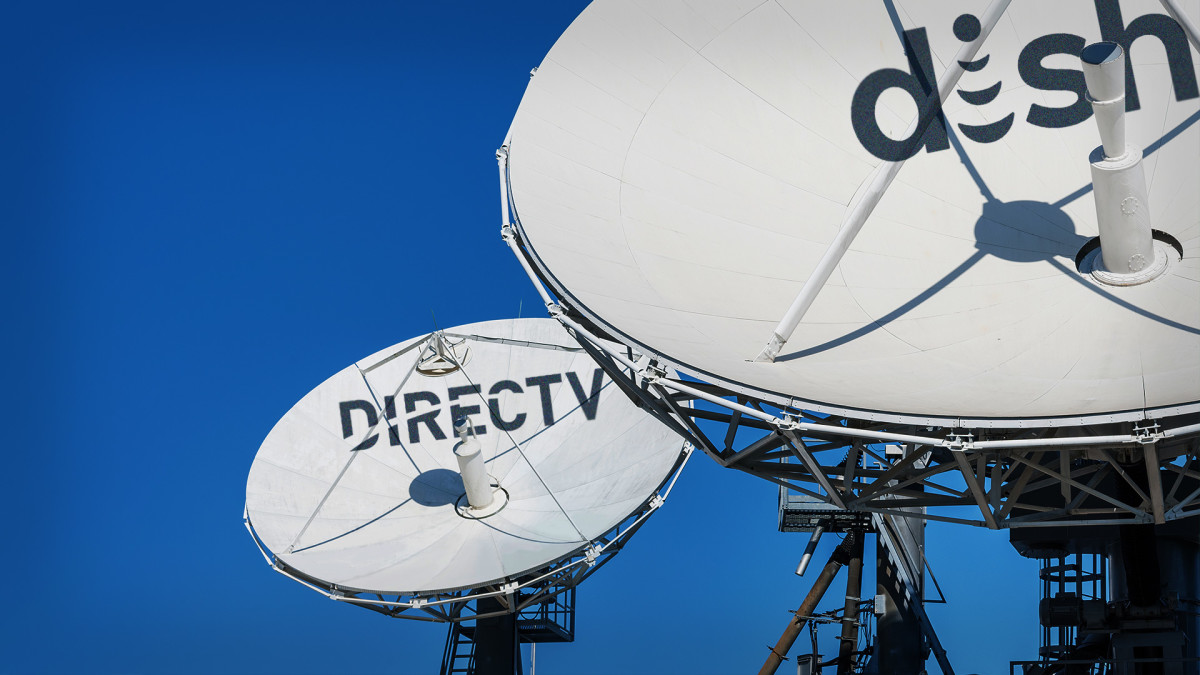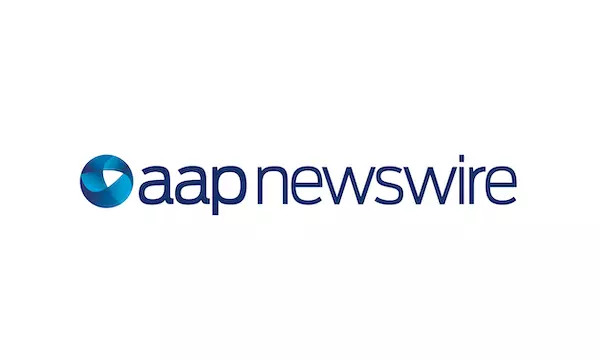
In the 2000s, Blockbuster Video still had a thriving business packed with customers. It was a simple model where the chain stocked DVDs and VHS tapes of popular movies which people rented so they could watch them in the comfort of their homes.
For about half the price of a theater ticket, you could rent a movie and watch it with as many people as you wanted. Aside from a few dollars and a trip to the store to rent a film and another to bring it back, you didn't have to do anything.
What could be more convenient than that?
Related: Another popular furniture retailer files Chapter 11 bankruptcy
Well, it turns out that new technology would soon emerge that would make it easy for anyone to stream new films into their homes. That led to the rise of Netflix (NFLX) -), which had already begun to hurt Blockbuster by mailing customers DVD rentals.
It did not matter how well Blockbuster operated its stores because the chain had a product few people needed anymore. That's the same path that brought down all the major record stores and it has done a pretty good job of decimating the newspaper industry.
It's also the problem facing Dish Network, (DISH) -), a company that began as a seller of satellite cable service in rural areas not served by the major cable companies. The company offered a solution to a real problem.
The problem now is that the internet has made satellite television something few people need.

Image source: Shutterstock/TheStreet
Dish is trying to recast itself
Before you could buy a cable television package delivered over the internet rather than via actual cables, satellite providers Dish Network and DirectTV provided a needed service. Entire pockets of the country were not served by cable providers. In addition, some people lived in places where cable infrastructure had never been run even though much of their community had it.
For those people, the two major satellite companies provided a lifeline. Dish and DirecTV were never perfect services — rain or snow could easily disrupt their customers' signals — but it gave people an option where previously there was none.
That market, however, has shrunk greatly along with the overall cable market.
Dish had just over 14 million subscribers to its satellite service in 2014, according to data from Statista. That number has dropped to 6.7 million in the third-quarter of 2023.
To make up for those losses, Dish owner Charlie Ergen has purchased Boost Mobile, the prepaid wireless service once owned by T-Mobile (TMUS) -) and he plans to combine the company with EchoStar, another one of his companies.
"Dish's substantial past investments in spectrum and its wireless buildout, combined with the recent launch of Jupiter 3, are expected to significantly reduce near-term CAPEX requirements. The transaction is expected to generate significant cost and revenue synergies, and the strong asset portfolio of the combined company paired with its enhanced free cash flow generation capability and strengthened capital structure are expected to drive long-term value creation for our shareholders and other stakeholders," he said in a press release.
The deal is expected to close by the end of the year.
Dish's merger may not be enough to avoid bankruptcy
"The problem, according to analysts at MoffettNathanson, is that the moves might not be enough to avoid bankruptcy," Advanced Television reported. "MoffettNathanson (MN), in a note to clients earlier in November was blunt, saying that there was an 'overwhelming probability' that Dish will enter bankruptcy sometime in the next few years."
Dish has been building its own 5G network to power Boost Mobile and other products. It owes T-Mobile $3.5 billion in April to close a deal to buy a purchase of spectrum that the wireless carrier agreed to sell it.
That's only one of the debts the combined company, which would have under $2 billion in cash on hand when the merger closes faces in the next few years. Ergen addressed that (without using the word bankruptcy) in Dish's third-quarter earnings call.
"2026 is a pretty big wall in terms of assuming you didn't refinance anything. And obviously, a lot depends on where the markets are. So what we want to control is what we control. From an operations point of view, we've got to generate as much internal cash from our operations as we can," he said.
Ergen, who has been well-known for flying a bit close to the sun when it comes to leveraging his companies, did express his confidence that he would figure this one out, too.
"And the way I would say it is we have a narrow path but there is a path for us to achieve financial stability and make sure we meet our commitments. And so having been through this for a long time, we've had narrow paths before, and it's a sharp focus for your management and a necessity sometimes the mother of invention," he added.







